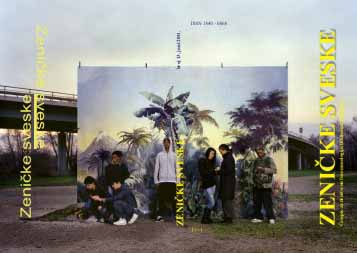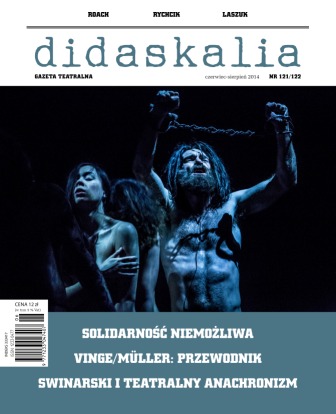AUTSAJDERICE U MUŠKOME SVIJETU – ŽENSKI LIKOVI U TRILOGIJI „CRNILA“ KOLA ČAŠULA
The paper explores the image and the status of two main female characters in Kole Čašule's trilogy Darkness: Neda in Darkness and Katerina in Zitolub. Starting from Froma Zeitlin's theoretical premises on playing the feminin in greek tragedy and Hans Mayer's analysis of female figures in the western art and culture, the aim of this analysis is to show two types of female characters in Čašule's historical plays.
More...

